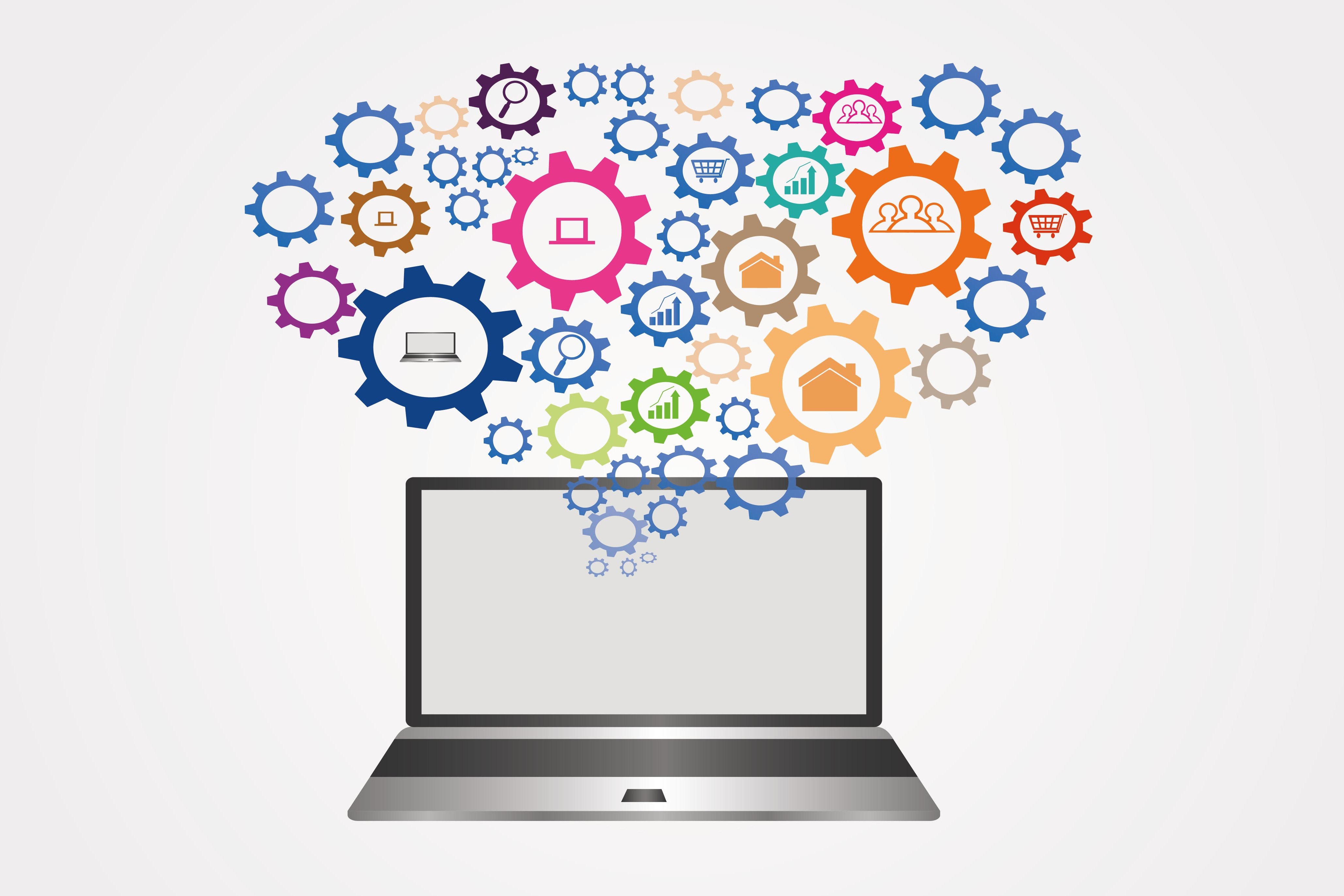Cloud is one of the hot topics in IT and has been for the past few years. Prior to 2010, cloud products were often inferior to their traditional on-premise counterparts. Since then, however, much has changed, including advancements in telecom, mobile devices, and data center technologies. Combine that with the maturity of cloud providers and products, and now cloud solutions are often positioned as the best option for law firms.









